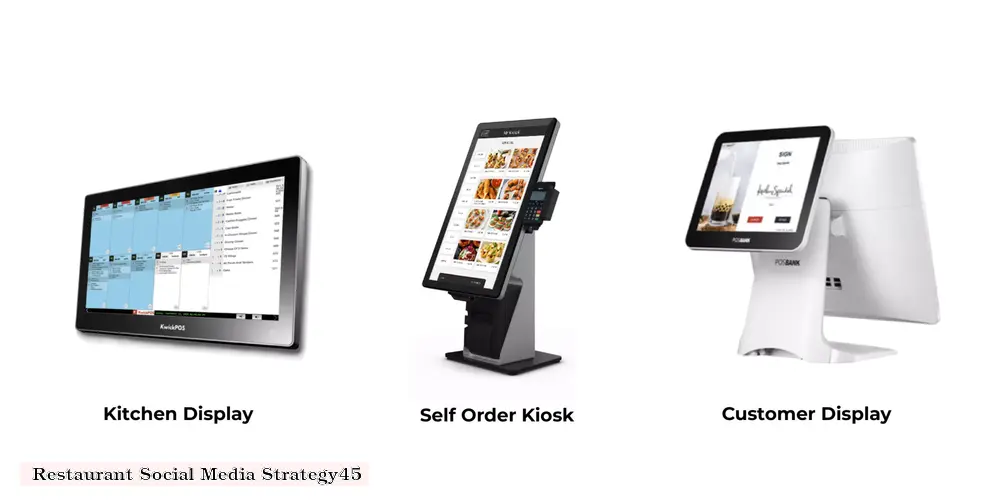

1. Define target audience: The first stage in developing a social media strategy is identifying your target audience. Who are the people you want to reach with your social media posts? Are you targeting local customers, food bloggers, or individuals interested in a healthy eating lifestyle? Knowing your target audience will help you adjust your messaging and content to resonate with them.
2. Create a social media content strategy that is engaging: Restaurants may use social media to showcase their brand personality, display their cuisine, and interact with customers. The key to success on social media is to develop interesting material that your fans will enjoy and want to share with others. This might include high-quality photographs of your cuisine, behind-the-scenes sneak peeks, chef interviews, and amusing polls and quizzes.
3. Consider your brand voice: Your brand voice is how your restaurant is portrayed through social media. It ideally reflects your beliefs and personality as a company. People will know what to anticipate from your social media posts and how your company differs from others in the business by having a consistent brand voice. You may be humorous, serious, educational, or promotional. It's your choice. Choose a tone that corresponds with your audience and that your followers will like.
4. Use relevant hashtags: Use relevant hashtags to expand your audience and make your material available to a larger audience. #Foodie, #Yum, #FoodPorn, and #RestaurantLife are popular hashtags for restaurants. You may also develop your hashtag and persuade your followers to use it when posting about your restaurant. This increases user-generated material and helps you track conversations about your business.
5. Post consistently: Maintaining a consistent posting schedule on social media is critical. You don't want to bombard your fans with too many messages in a single day, but you also don't want to go too long between posts and be ignored. A social media content calendar will help you plan and organize your content and guarantee that you continually publish fascinating content for your audience.
6. Engage: Social media is all about being social, so it's crucial that you don't simply submit material and walk away. Engaging with your followers is vital, whether responding to comments, liking their posts, or sharing user-generated material. People will be more inclined to share your business with their friends and family if they believe you value them.
7. Work with influencers: Partnering with influential people in the industry may help you expand your social media following. Influencers may assist in creating interesting material for your social media sites, but be sure they are a good fit for your brand and audience.
8. Examine your analytics: Analytics will help you understand which articles are resonating with your audience and which need to be improved. By monitoring your analytics, you can improve your social media approach and make data-driven decisions about your content.
A successful social media strategy for a restaurant business needs careful consideration of the above-mentioned factors.
DISCLAIMER: This information is provided for general informational purposes only, and publication does not constitute an endorsement. Kwick365 does not warrant the accuracy or completeness of any information, text, graphics, links, or other items contained within this content. Kwick365 does not guarantee you will achieve any specific results if you follow any advice herein. It may be advisable for you to consult with a professional such as a lawyer, accountant, or business advisor for advice specific to your situation.
today
Copyright © 2026 Kwick365.com
Designed by KwickPOS is the best restaurant POS